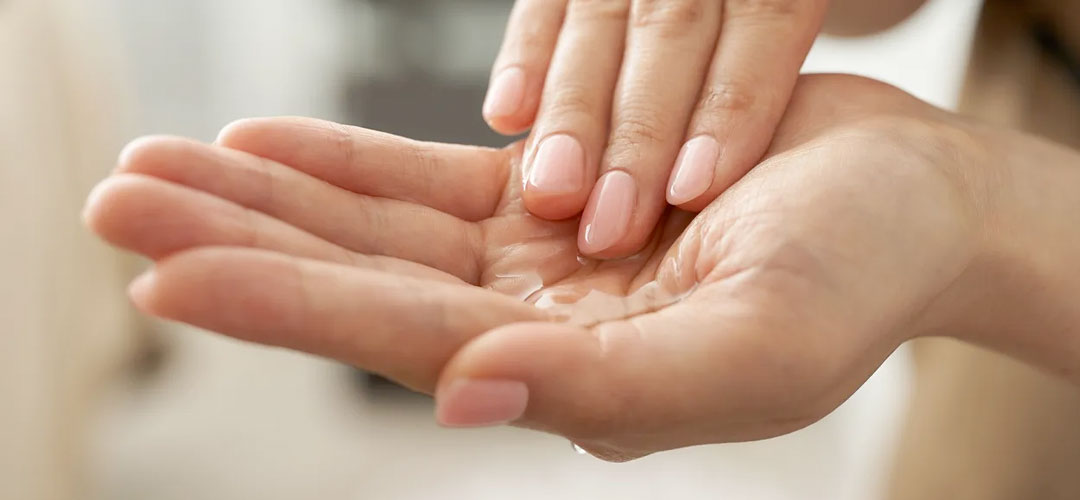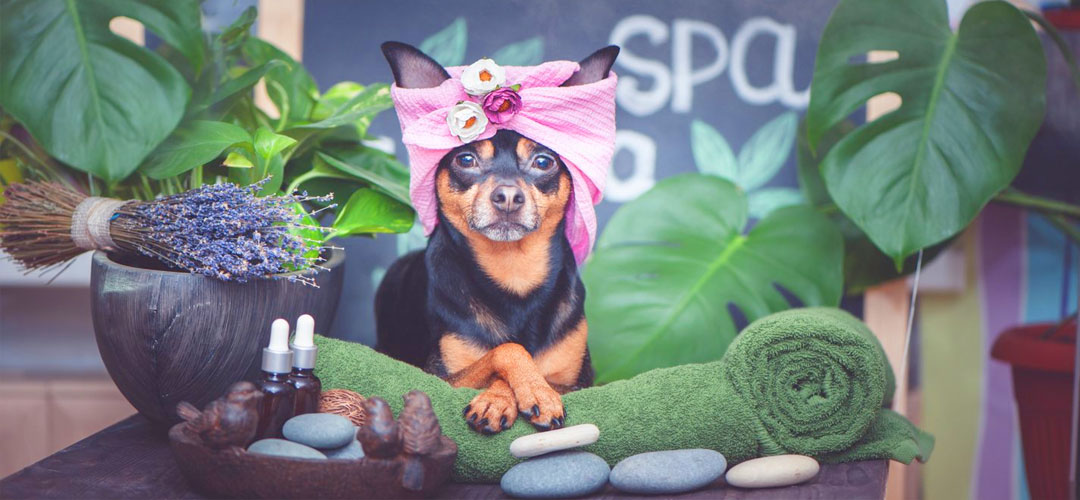
Essential oils can be a wonderful addition to daily life when used correctly.
Below are some of the most common and safe ways to incorporate them. The recommended amount of essential oil is typically from a single oil or a blend of up to three different oils.
Methods of Use
Inhalation:
-
- Diffusers (candle or electric): Up to 1.5% concentration (e.g., 18 drops per 50ml of water).
- Tissue method: Up to 4 drops applied to a tissue for inhalation.
- Clay or wood diffuser discs can also be used.
Topical Application:
-
-
- Massage oil, lotion, or cream: Dilute up to 1.5% (e.g., 6 drops per 15ml of carrier oil).
- Shower gel: Up to 1.5% (e.g., 6 drops per tablespoon of fragrance-free gel or salt).
- Bath use: Up to 10 drops, diluted in a tablespoon of neutral bath oil, dairy or plant milk, or vodka.
- Salt method: Up to 10 drops dispersed in a tablespoon of neutral bath gel or vodka, then mixed with a cup of sea, table, or Epsom salt.
-
Roll-Ons:
-
- Applied to pulse points from a roller bottle: 1% dilution (e.g., up to 6 drops in 25ml of carrier oil).
Room & Pillow Sprays:
-
- Room spray: Up to 2% (e.g., 25 drops per 50ml of water with alcohol or a specialist dispersant).
- Pillow spray: Up to 1.5% (e.g., 17 drops per 50ml of water with alcohol or a dispersant).
Important Note: Some stimulating essential oils have particularly strong aromas and should be used in lower concentrations to avoid overpowering fragrances.
Can Essential Oils Be Applied Directly to the Skin?
Essential oils, with the exception of lavender and tea tree, should always be diluted with a carrier (base) oil before application. Common carrier oils include almond, grapeseed, jojoba, and coconut. More exotic options include rosehip, argan, avocado, and hemp seed oil.
Essential Oils and Children
Most essential oils are safe for children over two years old but should be used at lower concentrations and always patch-tested first. The International Federation of Aromatherapists provides guidelines for using essential oils with children: IFPA Guidelines.
Essential Oils and Medication
When properly diluted and used as directed, essential oils are unlikely to interfere with over-the-counter medications. However, if you are pregnant, breastfeeding, or taking prescribed medication for a medical condition, consult a healthcare professional before use.
Precautions When Using Essential Oils
- Always dilute essential oils with a carrier oil before applying to the skin.
- Conduct a patch test before using a new essential oil, especially if you have sensitive skin.
- Consult a healthcare professional before use if you are pregnant or breastfeeding.
- Seek medical advice before use if you have a pre-existing medical condition.
- Avoid contact with the eyes.
- Do not ingest essential oils.
- Avoid application on mucous membranes and other sensitive areas.
- Stay out of direct sunlight after using citrus-based essential oils, as they can increase skin sensitivity.
- Keep essential oils out of reach of children and pets.
- Store essential oils in a dark, sealed glass or aluminum bottle, away from heat and sunlight.
- Choose high-quality, pure essential oils from reputable sources (e.g., ATC-registered suppliers) to avoid contamination with harmful additives.
Essential Oils and Pets
Many essential oils are safe for use around pets, particularly dogs. However, they should generally be avoided around cats. For more detailed information on pet safety, refer to the National Association for Holistic Aromatherapy's guidelines: NAHA Animal Aromatherapy Safety.
Risk of Allergies
Allergic reactions to high-quality essential oils used according to supplier guidelines are rare. However, if a reaction occurs:
- Discontinue use immediately.
- Rinse the affected area thoroughly with water.
- Mild reactions may be relieved with over-the-counter antihistamines.
- For severe reactions, seek medical attention immediately by calling emergency services or visiting a hospital.
- Avoid future use of the offending oil and report the reaction to the supplier.
By following these safety guidelines, you can enjoy the benefits of essential oils while ensuring they are used responsibly and effectively.
Disclaimer:
Information and other content provided in Lily & Loaf blogs should not be construed as medical advice and should not be considered a substitute for professional medical expertise. If you have any medical concerns, you should consult with your health care provider.







